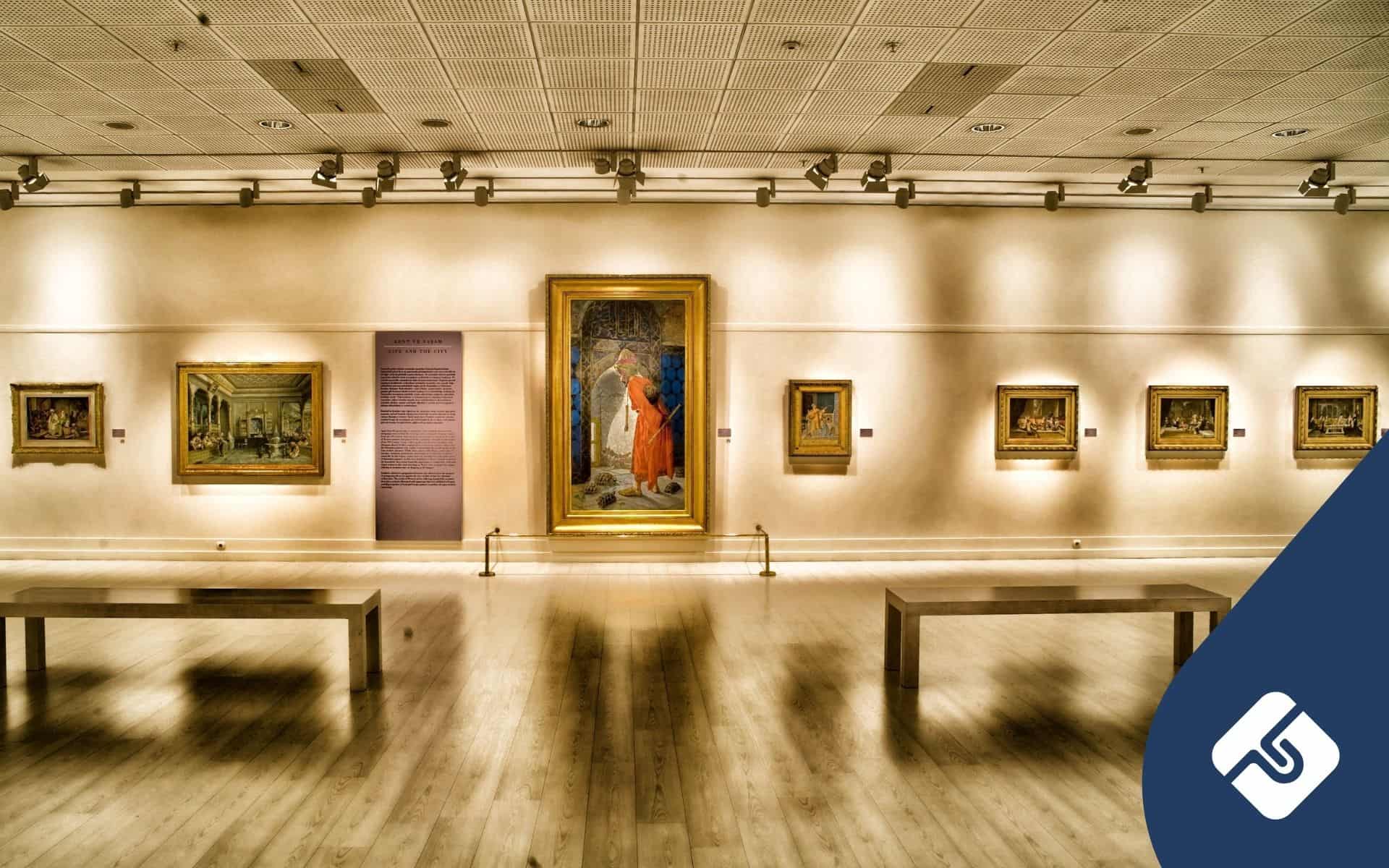Sydney-based lawyer at Nyman Gibson Miralis. Formerly Legal Intern at Lawpath.
💡 Key insights
- To start an art gallery in Australia you need to choose a business structure, register for an ABN, and register your business name if using a trade name.
- Choosing the right location is important with high foot traffic, tourist zones, or established art districts helping attract buyers, though a virtual gallery is a lower-cost option.
- Clear agreements with artists covering payment structure, sale terms, and earnings sharing help manage cash flow and protect relationships.
- Building relationships with artists, collectors, and the art community is key to long-term success as sales rely on trust, reputation, and repeat business.
Starting an art gallery requires a deep understanding and a passion for art. Here are some tips on how to open a successful art gallery.
Location
First of all, when opening an art gallery a prime location is always the goal. A site that has heavily populated foot traffic or is near a tourist area will give you an opportunity to sell more pieces. On the other hand, a gallery in the art district of your city will naturally gain your business a lot of attention from the artists and collectors in your area.
However, sometimes all these things are simply not possible. With rent prices in these locations constantly on the rise looking to emerging areas may be the next best thing. This could allow you to establish a name for your gallery as the area develops around you. Building a relationship with the right real estate agent will help find the right location that suits your start-up budget.
Keep in mind some galleries chose to not open an actual gallery and maintain a virtual gallery online.
Starting your business
Picking the right type of business structure for you and your gallery is vital. This will determine the licenses you require, the tax you will pay and how much control you have over the business. There are many types of business structures within Australia. Whether you’re by yourself as a sole trader or engaged in a partnership with a business partner. Talking to a business lawyer is a great way to ensure you pick the best structure that suits your gallery.
When the time is right, before you can legally become a gallery owner you will first need to register for an Australian Business Number (ABN). An ABN allows you to be identified by and interact with other businesses. It is also a necessary requirement by the government for tax and administration purposes before you start trading.

Start your ABN application in minutes!
Need an Australian Business Number to start a casual job? We've got you covered.
Structuring Payments
The reality of owning an art gallery is that you’ll have to master the art of sales. No money changes hands from the gallery to the artist until the work is sold. Majority of income for your gallery comes from sales commission. Some galleries charge artists an exhibition fee in exchange for a lower commission.
Therefore creating the right payment contract between the artist and the gallery is vital in maintaining a business relationship. Once again, talking to a business lawyer is a great way to ensure you form the best agreement that suits your gallery and artists.
People you’ll need to know
As a gallery owner you’ll become an important piece of the art world. The business side of art requires a range of relationships to ensure your gallery can run smoothly.
1. Art collectors
People usually start art galleries after having a few years in the industry establishing these contacts. Art collectors are vital in ensuring the continued long term success of your gallery. Starting with a handful of collectors on your contact list can help your gallery get off the ground and grow. Word of mouth within the right circle of collectors can change the way your gallery is seen.
If you’ve worked in an art gallery before you may already have a list of people in mind. If not holding smaller events or art shows at your venue is a great way to get exposure.
2. Artists
The artists are what essentially keeps your gallery going. A wide roster of artists will allow your gallery to be unique and establish its own style. Whether you chose artists by style such as modern artists or by location such as local artists. Your gallery will be defined by whose work is inside.
If you’re an artist yourself establishing contacts from people you know in the industry is a good place to start. This could be people you went to art school with, former colleagues or local artists from your area.
What type of art gallery are you going to be?
A clear idea of your gallery is essential. The type of art gallery you decide to start lays the foundation for the type of client you will be attracting. A modern art gallery or an experimental art gallery, will attract different collectors compared to a landscape gallery. It’s always good to plan your gallery’s image before going ahead and finding your artists and collectors.
Picking a name and most importantly a logo will help define your gallery within the industry. Protecting this is vital so registering your business name and trademarking your logo is something every gallery owner needs to do.
Don't know where to start?
Contact us on 1800 529 728 to learn more about customising legal documents, obtaining a fixed-fee quote from our network of 600+ expert lawyers or to get answers to your legal questions.






